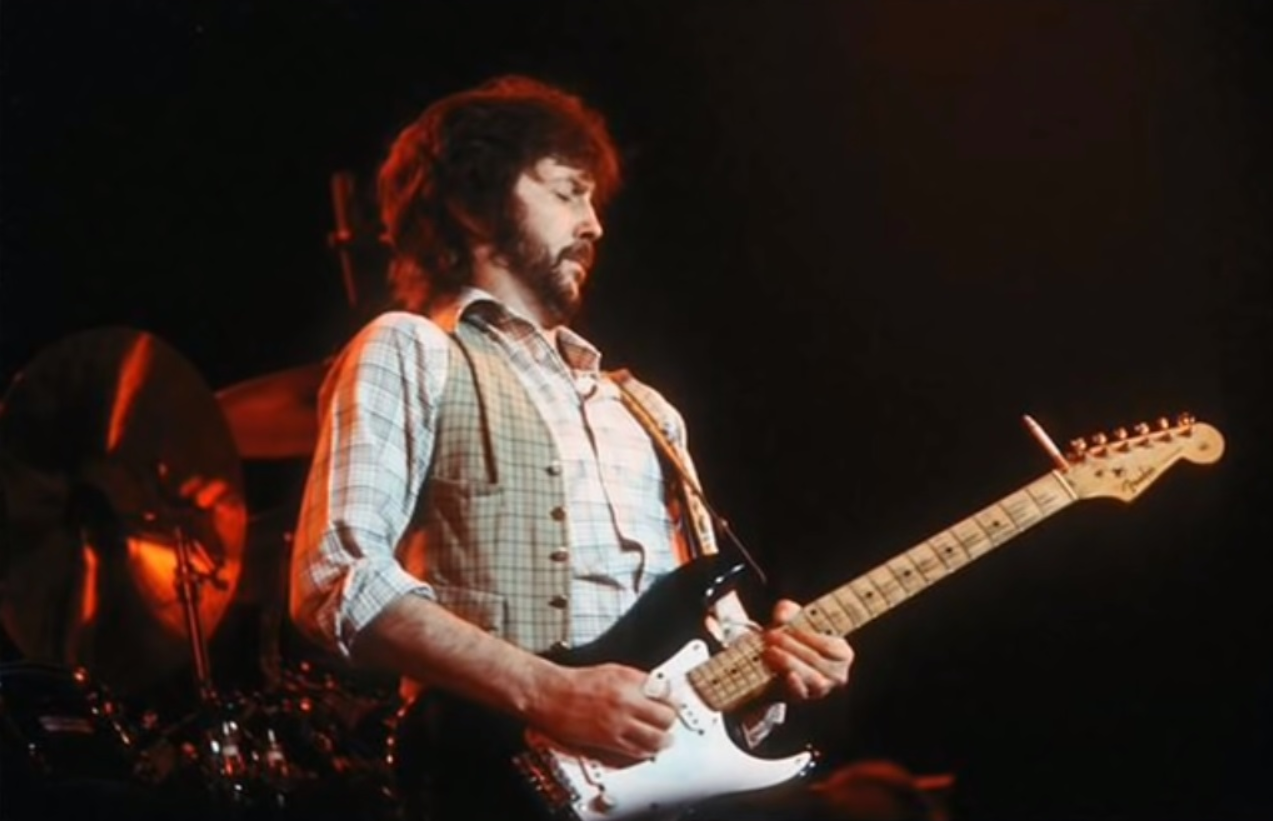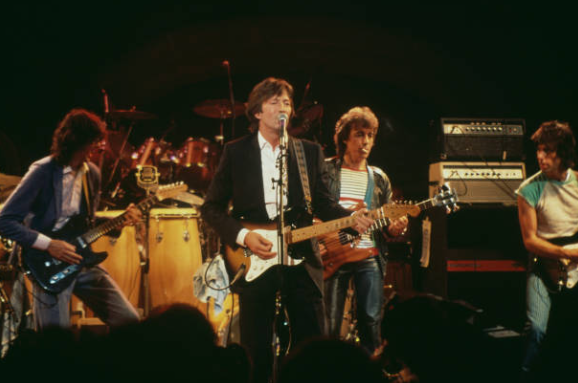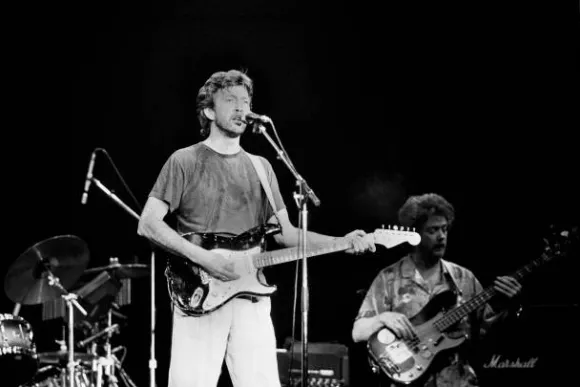Wah-Wah: A Deep Dive into Eric Clapton's Musical Odyssey
(watch the video below)
"Wah-Wah," a seminal track by Eric Clapton, stands as a testament to the multifaceted nature of his musical journey. Released in 1970 as part of his solo album, "Eric Clapton," the song not only showcases Clapton's prowess as a guitarist but also reflects the tumultuous personal and professional experiences he endured during that period. This comprehensive analysis delves into the historical context, musical composition, lyrical themes, and lasting impact of "Wah-Wah," shedding light on its significance within Clapton's oeuvre and in the broader landscape of rock music.
Eric Clapton's musical career is a tapestry woven with intricate melodies, raw emotions, and profound experiences. Amidst his vast repertoire, "Wah-Wah" emerges as a poignant reflection of Clapton's journey—a convergence of artistic expression, personal turmoil, and musical innovation. In this exploration, we dissect the layers of "Wah-Wah," unraveling its origins, dissecting its musical intricacies, and deciphering its enduring resonance.

To truly understand "Wah-Wah," one must contextualize it within the tumultuous landscape of the late 1960s and early 1970s. Clapton, already a revered figure in the music world, was grappling with the disbandment of his previous bands, The Yardbirds and Cream. As he embarked on his solo career, he found himself navigating the uncharted waters of fame, fortune, and artistic freedom. Against the backdrop of a rapidly changing cultural and political climate, Clapton sought solace and expression through his music.
At its core, "Wah-Wah" is a sonic journey—a cacophony of electrifying guitar riffs, pulsating rhythms, and soul-stirring vocals. The song's title aptly describes its distinctive sound, achieved through the innovative use of the wah-wah pedal, a device that modulates the tone of the guitar. Clapton's mastery of this effect elevates "Wah-Wah" beyond a mere composition; it becomes a sonic landscape, rich with texture and emotion.
In addition to its musical brilliance, "Wah-Wah" encapsulates Clapton's introspective lyricism. The song's lyrics serve as a window into his psyche, offering glimpses of his inner turmoil, disillusionment, and quest for authenticity. Themes of alienation, frustration, and existential questioning pervade the narrative, mirroring Clapton's own struggles with fame, identity, and personal relationships.

Behind the veil of musical virtuosity lies a narrative of personal struggle and resilience. During the recording of "Wah-Wah," Clapton was grappling with a myriad of challenges, including substance abuse, relationship issues, and the pressures of stardom. His tumultuous journey is palpable in every note, as "Wah-Wah" serves as both a cathartic release and a poignant reflection of his innermost demons.
"Wah-Wah" stands as a testament to Clapton's musical evolution—a departure from his blues-rock roots towards a more eclectic and experimental sound. Influenced by the burgeoning psychedelic and progressive rock movements of the era, Clapton embraced new sonic textures and techniques, pushing the boundaries of his artistry. "Wah-Wah" serves as a bridge between his past and future, signaling a bold new direction in his musical odyssey.
Decades after its release, "Wah-Wah" continues to resonate with audiences worldwide, a timeless testament to Clapton's enduring legacy. Its influence extends far beyond the realm of rock music, inspiring generations of musicians to push the boundaries of creativity and expression. From its innovative use of the wah-wah pedal to its introspective lyricism, "Wah-Wah" remains a cornerstone of Clapton's illustrious career and a touchstone for aspiring artists everywhere.

In the annals of rock history, "Wah-Wah" occupies a hallowed place—a testament to the transformative power of music and the resilience of the human spirit. Through its arresting melodies, evocative lyrics, and raw emotion, Eric Clapton's masterpiece continues to captivate and inspire, reminding us of the enduring power of artistic expression. As we delve deeper into the sonic tapestry of "Wah-Wah," we are reminded not only of Clapton's musical genius but also of the profound connections that unite us all in the universal language of music.
This analysis provides a comprehensive overview of Eric Clapton's iconic song "Wah-Wah," exploring its historical context, musical composition, lyrical themes, personal significance, and lasting legacy. Through meticulous research and critical analysis, it sheds light on the enduring resonance of Clapton's musical masterpiece, reaffirming its status as a cornerstone of rock music history.



